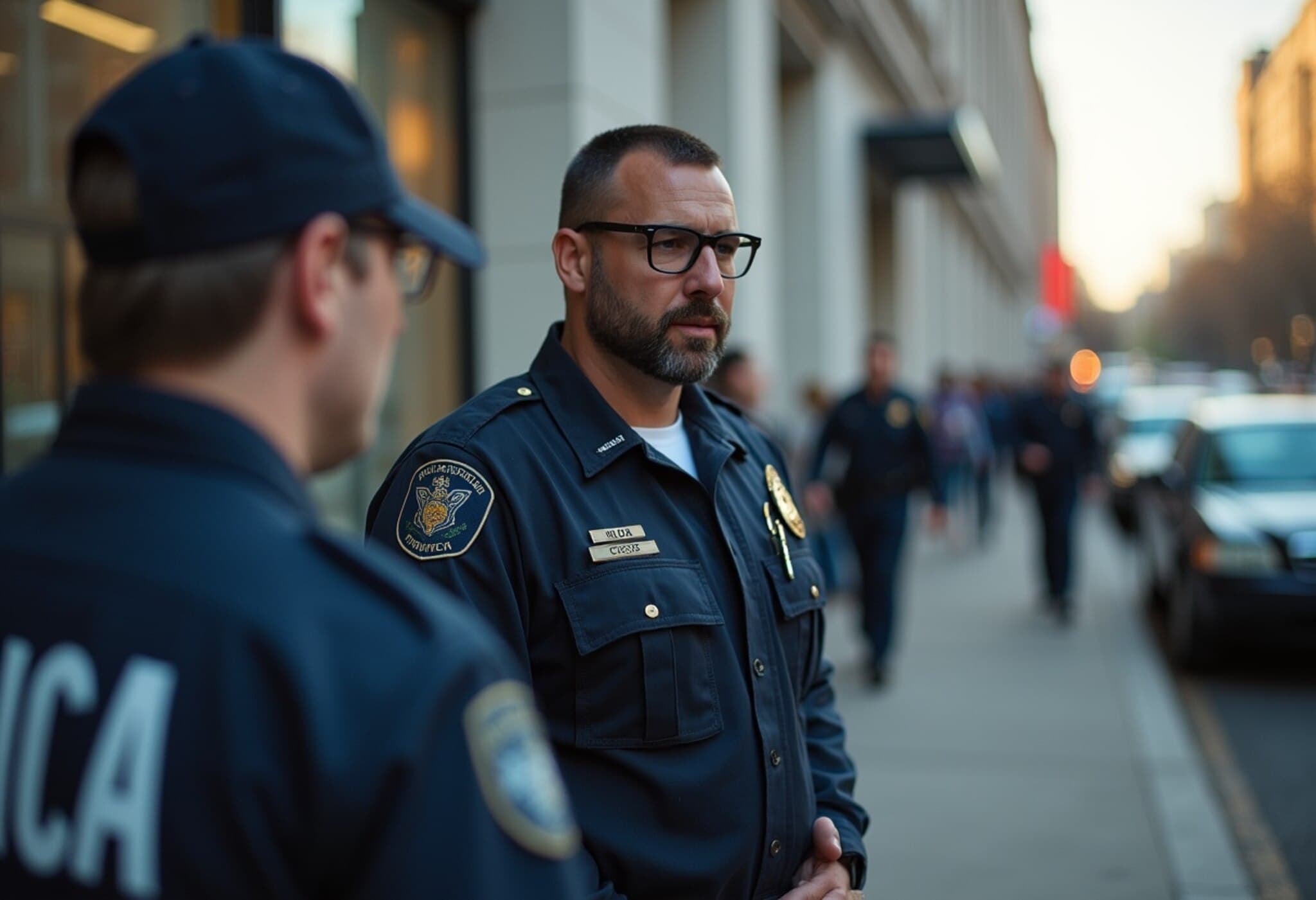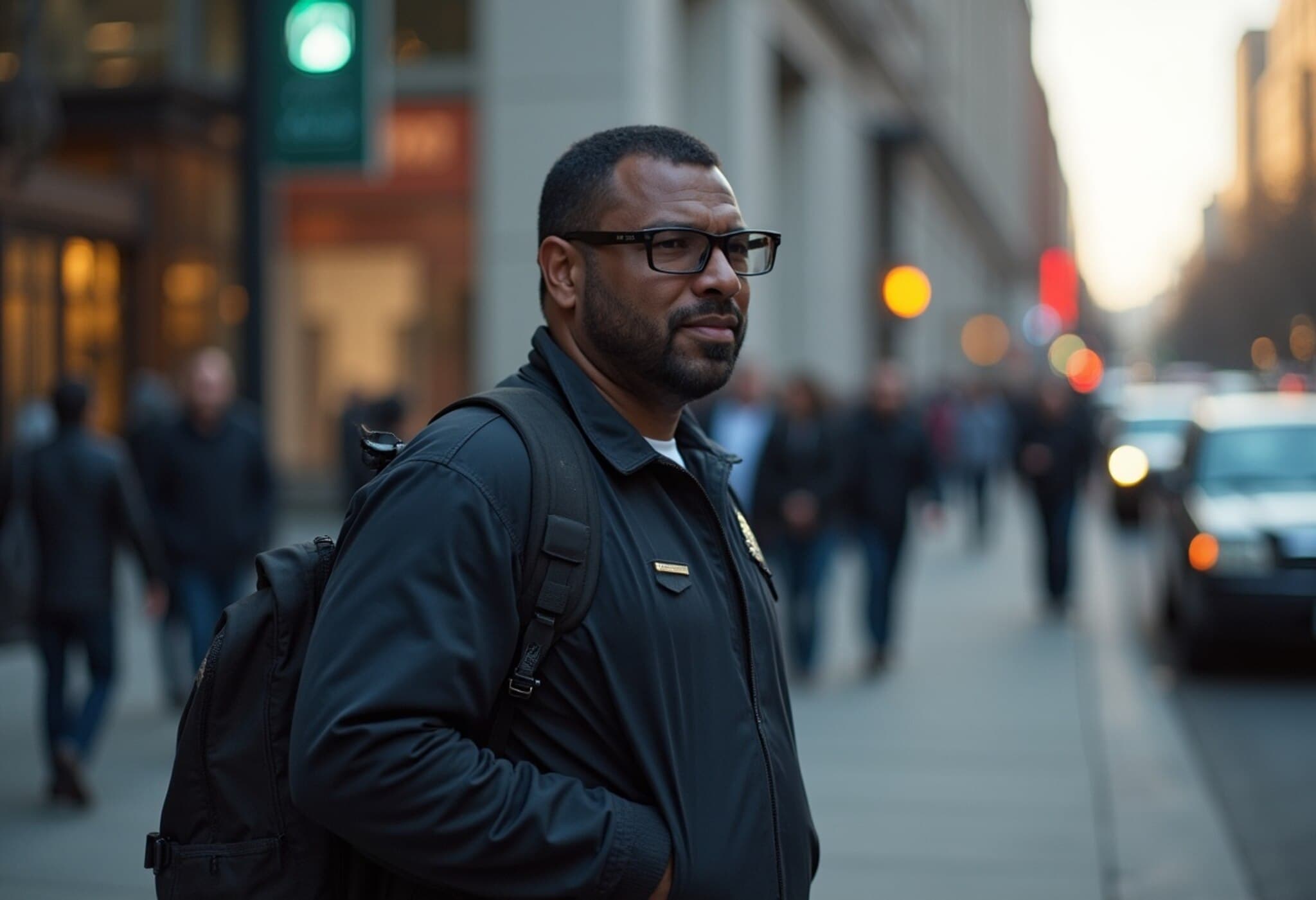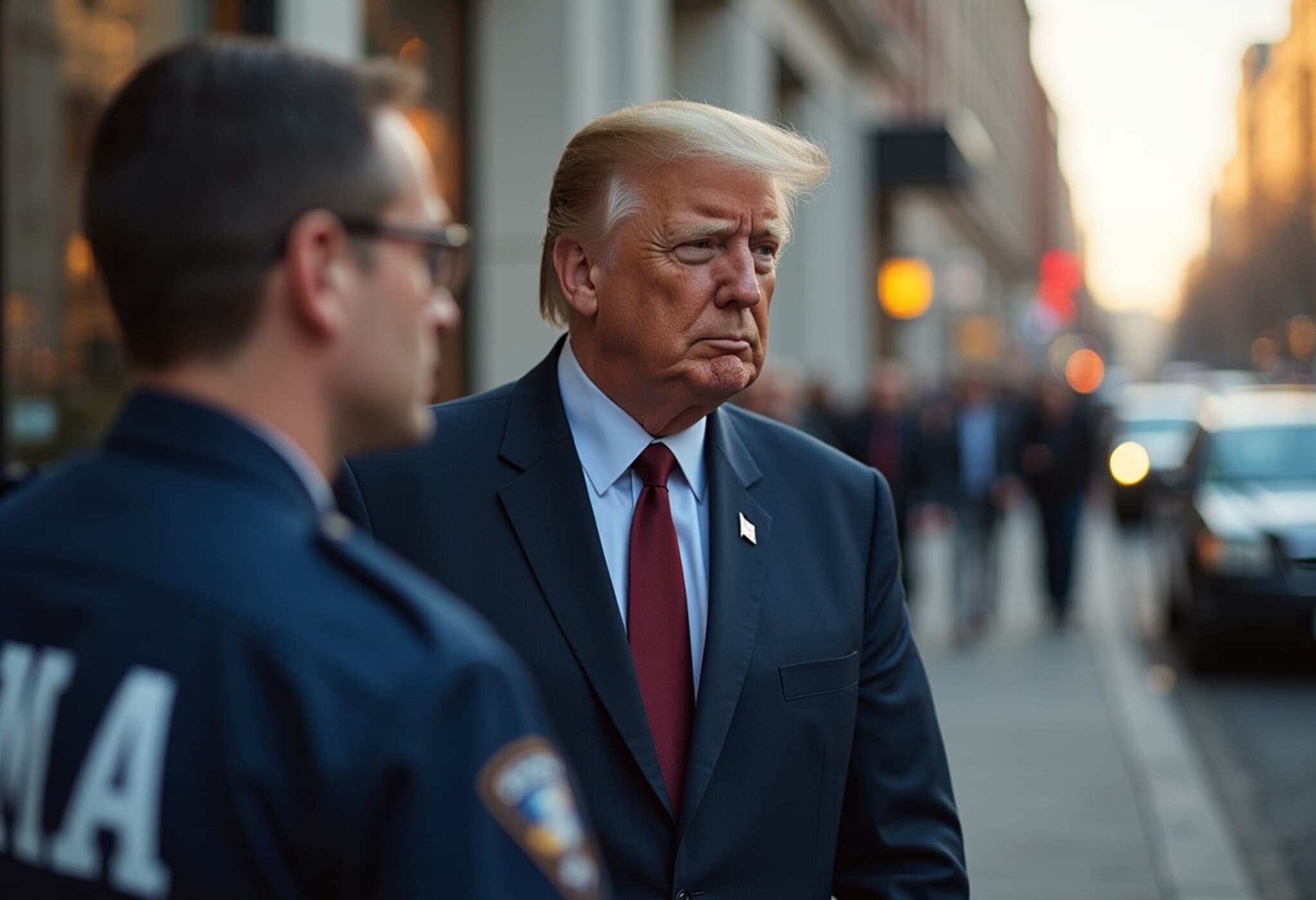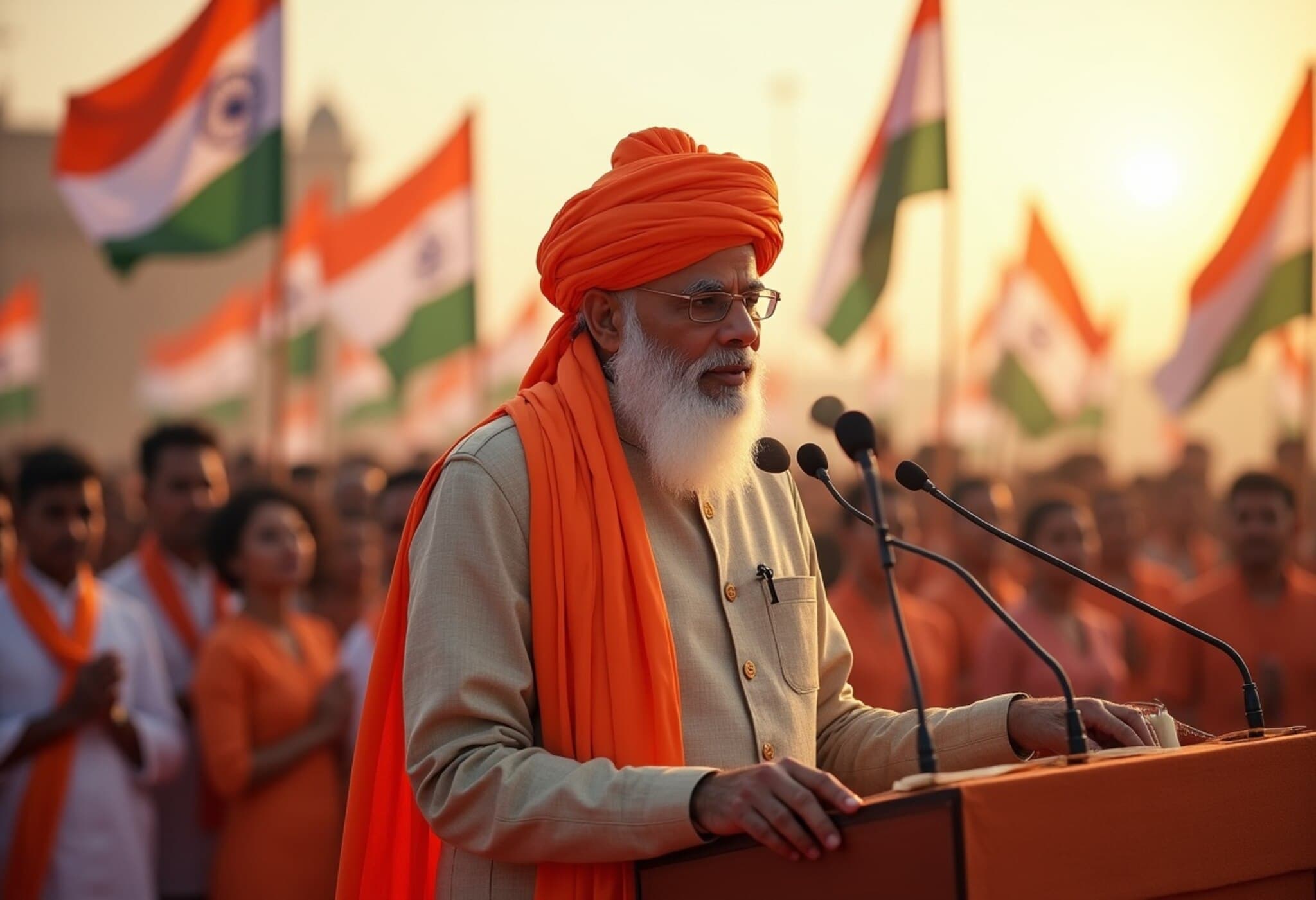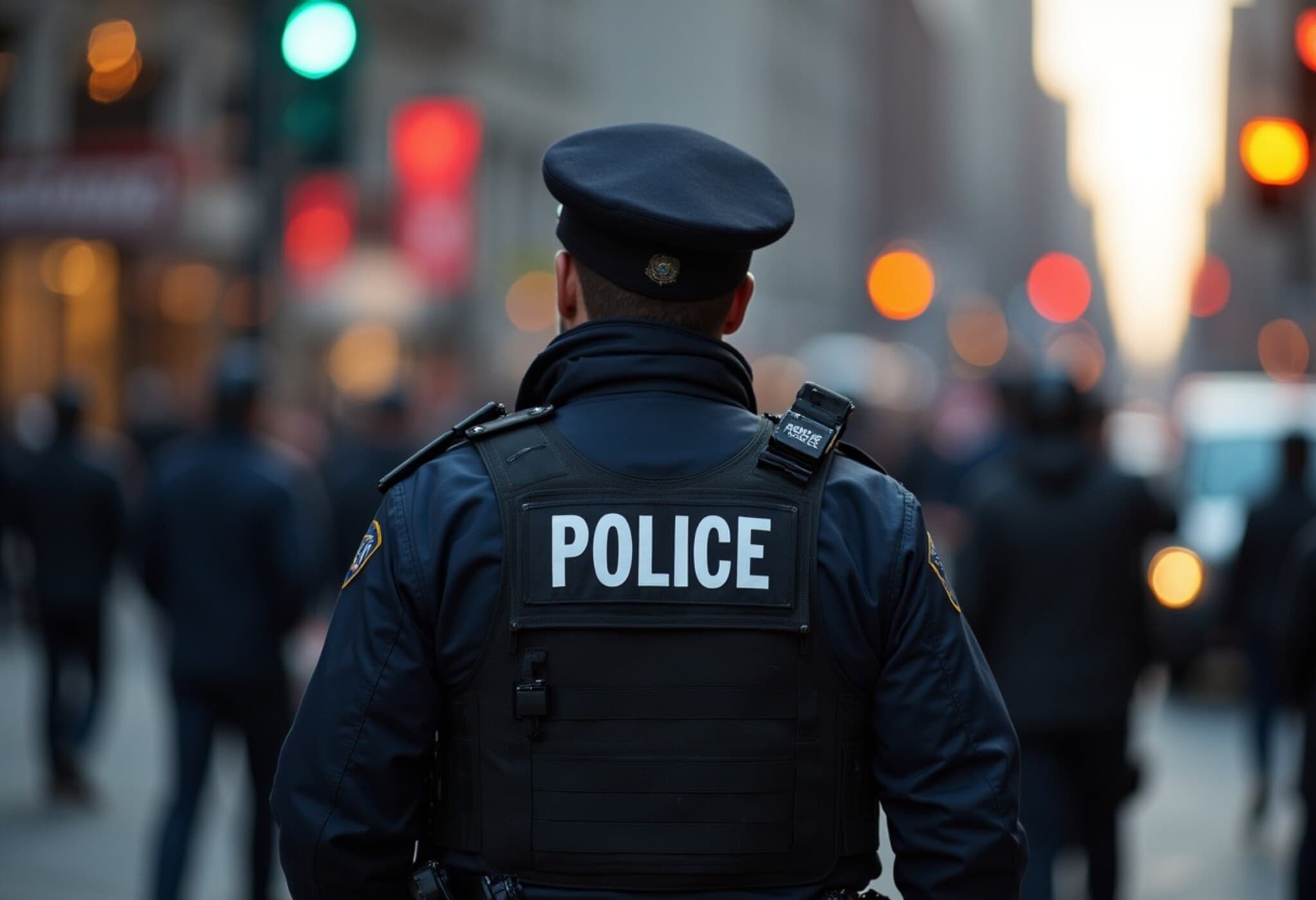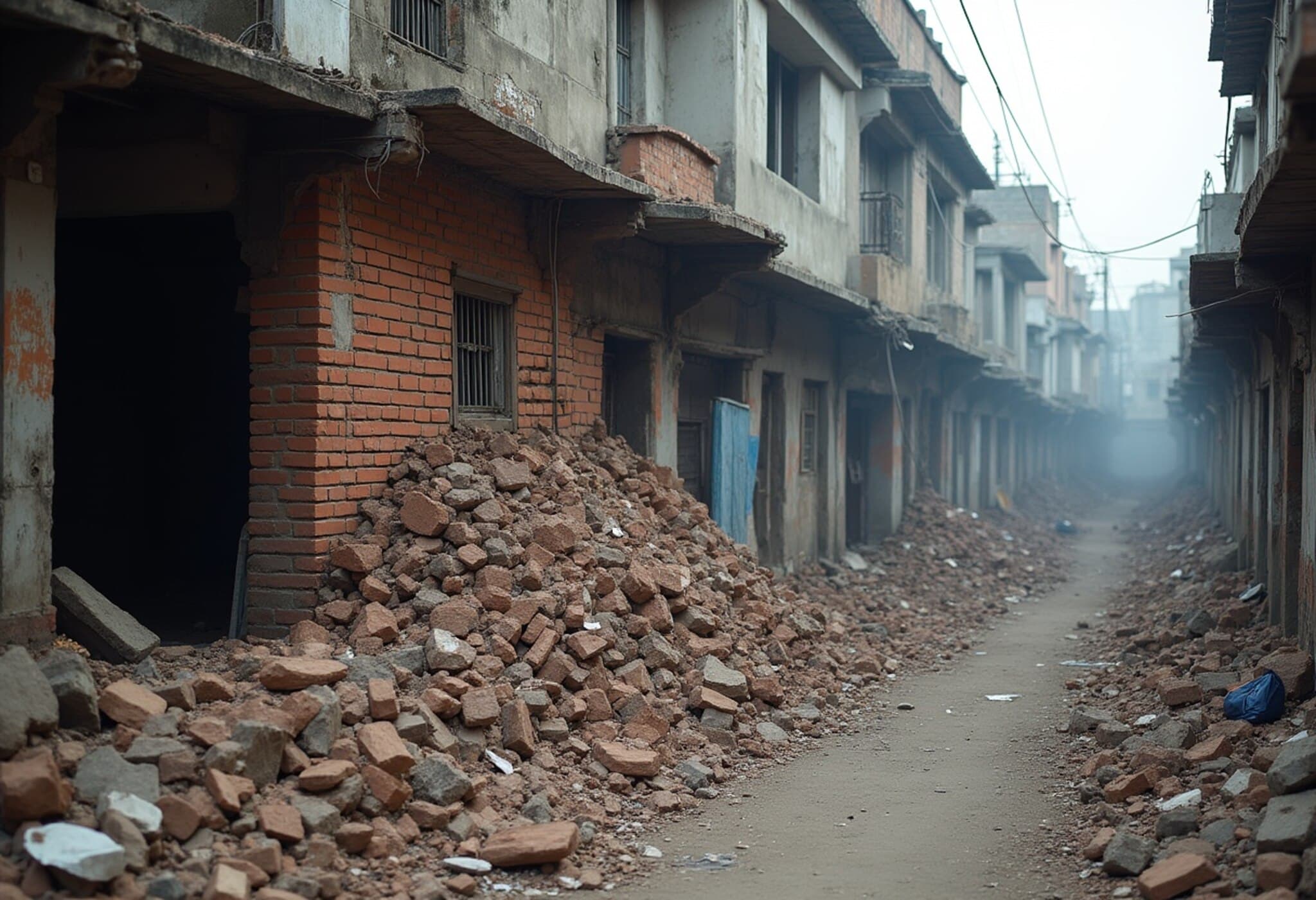Deadly Attack at CDC Headquarters Linked to COVID-19 Vaccine Misinformation
In a tragic incident that has rattled public health circles and law enforcement alike, a Georgia man who reportedly blamed the COVID-19 vaccine for his depression and suicidal thoughts was identified as the shooter in a deadly attack at the U.S. Centers for Disease Control and Prevention (CDC) headquarters in Atlanta. The assault occurred on the evening of Friday, August 9, 2025, resulting in the loss of a brave DeKalb County police officer and leaving the CDC community shaken.
Details of the Shooting Incident
Patrick Joseph White, aged 30, was the lone assailant responsible for the horrific act. Law enforcement officials revealed that White, heavily armed with five weapons including at least one long gun, attempted to enter the secured CDC campus but was stopped by guards. Undeterred, he then drove across the street to a nearby pharmacy where he opened fire.
The violence left multiple buildings on the CDC campus riddled with bullet marks. CDC Director Susan Monarez took to X (formerly Twitter) confirming that at least four buildings sustained damage, highlighting the far-reaching impact of the attack on this critical public health institution.
Heroism and Loss
- Officer David Rose, a 33-year-old former Marine and Afghanistan veteran who had recently graduated from the police academy, was fatally wounded responding to the incident.
- White was found dead on the second floor of a building across from the CDC. Authorities have not confirmed if his death was self-inflicted or caused by responding officers.
- The Georgia Bureau of Investigations has characterized the crime scene as complex, signaling a lengthy and thorough inquiry ahead.
Underlying Motivations: The Vaccine Connection
Experts and witnesses have reported that White held a deeply entrenched belief that the COVID-19 vaccine was responsible for his mental health decline. According to his father, he developed a fixation on the vaccine after personal hardship, particularly the death of his dog. Neighbors described White as troubled but not overtly violent, emphasizing his strong conviction that vaccines were harmful, despite lacking scientific evidence.
This tragic case underscores the dangerous consequences of vaccine misinformation, which not only undermines public health efforts but can also catalyze violence against institutions and individuals dedicated to science and safety.
CDC Staff and Union Response: Calls for Action and Security
The American Federation of Government Employees (AFGE), Local 2883, representing CDC workers, condemned misinformation about vaccines, labeling it a direct threat to the safety of public health professionals. They demanded unequivocal condemnation from federal leaders, emphasizing that accurate, science-based communication is vital to rebuilding public trust.
Furthermore, the union highlighted the psychological toll on CDC employees who were trapped in lockdown for hours alongside young children. They called for:
- Comprehensive repairs and enhanced security measures for the CDC campus before staff return.
- Implementation of perimeter security across all CDC locations.
- Post-tragedy supports to prevent re-traumatization among employees working amidst physical reminders of the attack.
Meanwhile, the group Fired But Fighting blamed certain public figures for promoting vaccine skepticism that fosters hostility towards scientific communities.
In response, Health and Human Services Secretary Robert F. Kennedy Jr. expressed solidarity with CDC staff and unequivocally condemned violence against those protecting public health.
Broader Context: The Intersection of Mental Health, Misinformation, and Violence
This shooting brings to light a chilling intersection of mental illness, misinformation, and national security concerns. While the investigation is ongoing, it is imperative to understand and address how conspiracy theories about vaccines can aggravate vulnerable individuals and lead to acts of violence.
Experts suggest a dual approach: strengthening mental health support for those struggling during the pandemic and vigorously countering misinformation through transparent, empathetic public health communication to safeguard communities and institutions alike.
What Comes Next?
Authorities continue to piece together the intricacies of the shooting and the attacker’s motives. Meanwhile, the CDC community grapples with trauma and the urgent need to restore security and trust. As the investigation unfolds, it raises haunting questions about protecting high-profile health agencies in an era rife with misinformation and why societal support systems must be bolstered to preempt such tragedies.
Editor’s Note
The attack on the CDC headquarters is a sobering reminder of how vaccine misinformation can transcend online platforms to trigger real-world violence with devastating consequences. It challenges policymakers, media, and public health leaders to adopt a holistic strategy that addresses both the mental health crisis exacerbated by the pandemic and the pervasive spread of disinformation. The path forward demands empathy, fact-based communication, and rigorous security to protect our frontline defenders of health.

